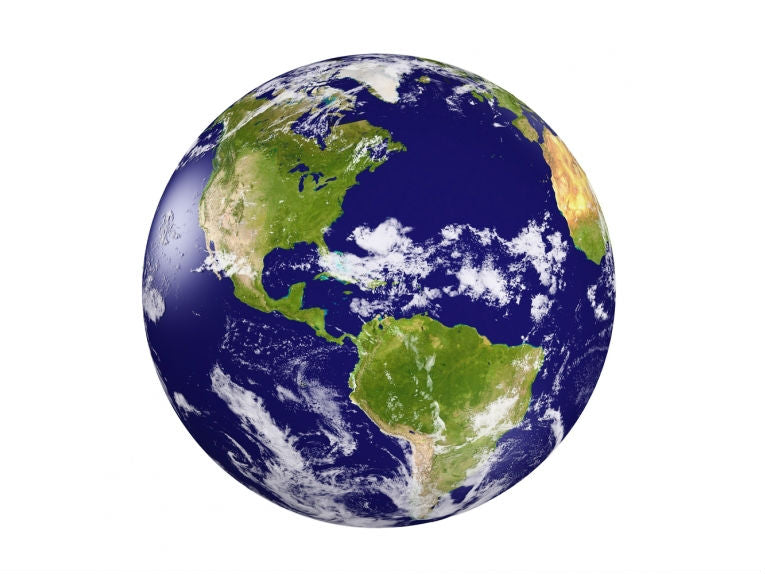The Earth is under tremendous strain from an incessant rise in population and increased consumption of natural resources, says a WWF report. The demands on biodiversity puts at risk the security and health of humans, according to the WWF 2012 Living Planet Report.
European astronaut Andre Kuipers launched the report during his second mission on the International Space Station saying, "We only have one Earth. From up here I can see humanity's footprint, including forest fires, air pollution and erosion - challenges that are reflected in this edition of the Living Planet Report. (video below)
"While there are unsustainable pressures on the planet, we have the ability to save our home, not only for our benefit, but, above all, for generations to come."
The report is published in conjunction with the London Zoological Society and Global Footprint Network, highlighting changes in the Earth's ecosystems by keeping track of 2,600 animal species.
Over the last 40 years or so, the Living Place Index reveals a fall of almost 30% on average, but in the tropics the decline has been double that amount.
Another important measure in the report, the Earth's Ecological Footprint, shows how the pressure on the earth's natural resources is extreme.
The Director General of WWF International, Jim Leape, says humans are acting as if we have two planets to consume, as we are consuming 50% more than Earth can sustain. Disturbingly, if nothing changes, in around 20 years time, we will be consuming more than two planets can sustain.
The study is a check-up on the Earth's health and it shows that we have a sick planet, says Jonathan Baillie, the Conservation Programme Director of the Zoological Society of London. The only solution to the problem is to tackle the root causes.
Earth. Re-think; Credit: WWF
The Living Planet Report also tackles the growing issue of urbanisation. In 40 years, around two-thirds of the global population of around 10 billion will live in cities.
New methods will be required to cut waste, provide clean water and use clean energy.
The report also outlines how richer countries such as the United States of America, Australia, Canada, United Arab Emirates, Qatar, Kuwait, Holland, Denmark, Belgium and Ireland - have larger ecological footprints than poorer nations.
But the Living Planet Index shows that power countries have shown the biggest falls in biodiversity since 1970, subsidising the lifestyle of richer nations.
Where countries cannot regenerate resources they need more imports from other nations' ecosystems, which places them at major risk, comments Mathis Wackernagel, Global Footprint Network President. Countries need to start to track and manage how they use their resources, he adds.
The Living Planet Report features 16 priority actions, such as lowering consumption and drawing up legislation and policies to create fair access to food, water and energy.
WWF has more than five million supporters and is one of the world's largest and most respected independent environmental conservation bodies.










